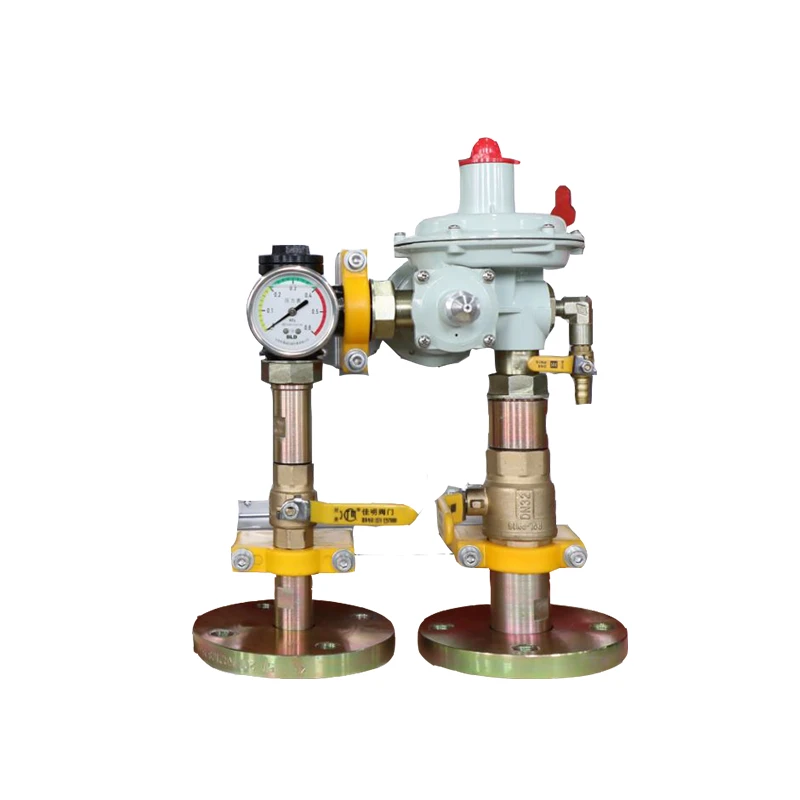
Oct . 07, 2024 12:43
Back to list
filtration
Filtration A Vital Process in Science and Everyday Life
Filtration is a fundamental process employed widely in various fields, from industrial applications to everyday household tasks. At its core, filtration is a separation technique that operates on the principle of size exclusion or solubility differences, allowing the removal of solid particles from liquids or gases. This versatile process is critical in maintaining purity, enhancing product quality, and ensuring safety across multiple domains.
In the realm of science, filtration plays an integral role in laboratories where precision and cleanliness in experiments are paramount. For instance, in chemistry, after a reaction takes place, filtration is often utilized to isolate the desired product from impurities or unreacted materials. Through the application of filter paper or membrane filters, chemists can achieve high levels of purity, which is crucial for the reliability of experimental results. In addition to chemical labs, filtration is essential in biological research. Researchers may use filtration techniques to concentrate samples or to remove contaminants from solutions, ensuring that subsequent analyses yield accurate readings.
Beyond the laboratory, filtration is indispensable in the environmental sector, particularly in water treatment processes. As the world grapples with water scarcity and pollution, effective filtration systems have become a lifeline for providing clean drinking water. These systems employ various filtration techniques, such as sand filtration, activated carbon filtration, and reverse osmosis, each tailored to target specific contaminants. By removing harmful substances and pathogens, filtration not only safeguards public health but also enhances the overall quality of water available for consumption.
filtration

In industrial settings, filtration is crucial for maintaining product quality and operational efficiency. For example, in the food and beverage industry, filtration processes are employed to clarify liquids, eliminating solid particles that could compromise product quality. Wine and beer production, for instance, often involve filtration steps to achieve the desired clarity and stability, while also ensuring that the final product is free from unwanted tastes or aromas. Similarly, in the chemical industry, filtration helps to recover valuable catalysts or to purify intermediates, ultimately impacting the economic viability of production processes.
Additionally, filtration is a common practice in household settings. Homeowners often rely on water filters to reduce impurities in tap water, improving taste and safety. Various types of domestic water filtration systems, such as pitcher filters, faucet-mounted filters, or under-sink systems, utilize activated carbon, ceramics, or reverse osmosis technologies to ensure that drinking water is clean and safe. Furthermore, air purifiers utilize filtration to capture allergens, pathogens, and particulate matter, contributing to healthier indoor air quality.
Technological advancements have significantly enhanced filtration processes over the years. Innovations such as nanofiltration and membrane technology have expanded the capabilities of filtration systems, making them more efficient and effective in removing a wider range of contaminants. This progress not only optimizes the separation process but also helps address modern challenges, including climate change and resource scarcity.
In conclusion, filtration is a critical process that touches various facets of our lives, from scientific research to environmental protection and everyday convenience. Its ability to separate and purify substances makes it indispensable in ensuring safety, enhancing quality, and improving efficiency across multiple sectors. As technology continues to evolve, the applications and efficacy of filtration systems will undoubtedly expand, helping us tackle emerging challenges and promote a healthier planet. Understanding and appreciating the importance of filtration can lead to a more informed and conscientious approach to managing resources and ensuring well-being in our communities.
Next:
Latest news
-
Safety Valve Spring-Loaded Design Overpressure ProtectionNewsJul.25,2025
-
Precision Voltage Regulator AC5 Accuracy Grade PerformanceNewsJul.25,2025
-
Natural Gas Pressure Regulating Skid Industrial Pipeline ApplicationsNewsJul.25,2025
-
Natural Gas Filter Stainless Steel Mesh Element DesignNewsJul.25,2025
-
Gas Pressure Regulator Valve Direct-Acting Spring-Loaded DesignNewsJul.25,2025
-
Decompression Equipment Multi-Stage Heat Exchange System DesignNewsJul.25,2025

